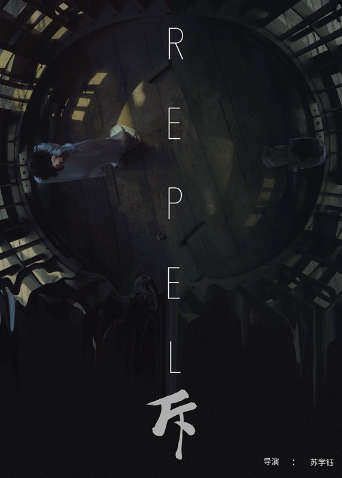 戴维拜恩
戴维拜恩
发表于3分钟前回复 :The life and career of the three sisters inimitable Fontana. Micol is only a seamstress Emilia with 500 pounds in his pocket when he arrives in Rome with John and Zoe. The effort is matched by the beginning of a passion for fashion, until the day when the world sees them. The event is the marriage of Tyrone Power and the wedding dress is packed by Atelier Fontana. In the 50 sets Americans have brought Hollywood on the banks of the Tiber and the Via Veneto, felt the Dolce Vita. When the great American divas call the Fontana sisters, that's their dream come true. From Ava Gardner Rita Hayworth, Audrey Hepburn, Grace Kelly, the success was immediate and the suffering of the rewards of private grief. From a tailoring of the three sisters in the fashion district will bring the elegance of Italian style worldwide.
 王力宏
王力宏
发表于2分钟前回复 :Due to some common interests between German and Russian aristocracy ( the Russians even had aristocrats in their past not to mention they had an Empress called Catherine the Great, as great as this German count's heiresses… ), it is not strange that this Teutonic count has understood and even enjoyed Herr S. M. Eisenstein's "Staroye I Novoye".It is not very usual that for the aristocracy to enjoy Bolshevist films full of proletarian demands that put private property at risk or as it happens in this case, a film about the Communist Party's policy on the subject of the collectivization of the Soviet agriculture. Normally this would be perfect gibberish for this German count, but thanks to Herr Eisenstein 's greatness and directorial talent, the hardships of the heroine of the film, Dame Marfa ( Dame Marfa Lapkina ) breached even the thick aristocratic Schloss walls.And that's one of the first remarkable aspects of this oeuvre; in spite of the political subject of the film, the powerful images and lyricism ( astonishing and beautiful shot compositions ), especially during the first part of the movie, preserve the artistic merits entirely while serving a propaganda purpose. The second remarkable aspect of the film is the dichotomy between the old and new, the fight to improve the lot of Dame Marfa and her countrymen. There are many discussions because it is not easy even in Russia to change ancient and conservative customs. There are superb metaphors and social criticism ( illiteracy, bureaucracy, religiosity ) which perfectly fit the film, and last but not least, "Staroye I Novoye", is a kind of archaic documentary about ancient customs established deeply in old Russia, those ones that our heroine must fight against. And there is also a lot about agriculture ( very enlightening for this German count), especially about harvesting and how to fatten Russian cows or pigs ( literally, no pun here… ).Herr Eisenstein had to bear during the last era of his film career, unbelievable censorship and mutilation of his work, as happens with "Staroye I Novoye". The film was reedited and Eisenstein accused of sympathizing with Trostky's policies but fortunately the film was restored and showed by the German-frenchified t.v. channel "ARTE", natürlich!, including an evocative music score by Herr Taras Bujewski, that fits superbly Herr Eisenstein primal artistic interests.And now, if you'll allow me, I must temporarily take my leave because this German Count must buy a tractor for one of his Teutonic heiress.
 约翰丹佛
约翰丹佛
发表于9分钟前回复 :娜丁(海莉·斯坦菲尔德 Hailee Steinfeld 饰)从小就是一个性格古怪孤僻不合群的姑娘,因此常常受到同学的欺负。克里斯塔(海莉·路·理查森 Haley Lu Richardson 饰)好像一道光,照亮娜丁的生活,她们从相识起便形影不离,互相分享快乐和秘密,时光荏苒,两个女孩长大走进了高中校园,她们之间的感情从未改变。娜丁的哥哥达里安(布莱克·詹纳 Blake Jenner 饰)英俊帅气阳光开朗,他的存在衬得愤世嫉俗少年老成的娜丁显得更加不合时宜,但娜丁不在意,因为她拥有克里斯塔的友谊。然而某一日,娜丁震惊的发现克里斯塔和达里安竟然躺到了一张床上,与此同时,娜丁爱上了名为尼克(亚历山大·卡尔弗特 Alexander Calvert 饰)的男生,可她根本无法打入他所在的圈子。



